-
chevron_right
Piracy Shield: IPTV Blocking Orders Apply to All DNS & VPN Providers
news.movim.eu / TorrentFreak · Monday, 11 December - 13:41 · 4 minutes
 Italy’s Piracy Shield anti-piracy system
reportedly launched last week
, albeit in limited fashion.
Italy’s Piracy Shield anti-piracy system
reportedly launched last week
, albeit in limited fashion.
Whether the platform had any impact on pirate IPTV providers offering the big game last Friday is unclear but plans supporting a full-on assault are pressing ahead.
Technical and Operational Requirements
A new document released by AGCOM describes Piracy Shield as a “single technology platform with automated operation” and elsewhere as a piece of “machine-to-machine platform management software.”
The document goes into some detail on its operational and technical requirements including its stated purpose: Automated handling of reports from rightsholders for the purpose of ensuring timely and effective protection of rights and, specifically, intervention within thirty minutes of the report in accordance with the manner and procedure regulated therein.
Various pieces of information reported last week by local news outlet DDAY.it are confirmed with extra detail. In addition to a roundtable meeting on September 7, 2023, attended by the National Cybersecurity Agency, the Guardia di Finanza, the Postal Police, and representatives of the Ministry of Enterprise, discussions were initiated with search engine providers and, more generally, “information society service providers involved in any capacity in website accessibility of illegal services other than ISPs.”
IPv4 Scarcity and Other Technical Issues
ISP-side user manuals for Piracy Shield were emailed on October 11 and on November 13, AGCOM’s position on various technical issues raised by anti-piracy groups, rightsholders including Serie A and DAZN, and ISPs, were finally clarified.
One item mentioned in more detail concerns IPv4 IP addresses. They are often reported as running out and it appears AGCOM intends to block as many as it needs to.
With reference to two specific issues, pertaining to the alleged and gradual depletion, following the implementation of the blocks, of IPv4 addresses, which constitute a scarce resource, and to the requested refreshments for the costs incurred for the implementations necessary for the operation of the platform, it was clarified that the law does not give the Authority powers in this regard, but that it reserves the right to make a report to the Government in the face of the evidence provided.
Another issue appears to refer to service provider concerns over the volume of domains and/or IP addresses they could be expected to block during the transitional phase leading up to the “full deployment of the platform’s functionalities.”
“In this sense, the indications regarding the maximum number of IPs and FQDNs [fully qualified domains] to be blocked in the thirty minutes and the distinction between theoretical SLA [service-level agreement] and actual SLA aimed at taking into account, at this stage, the limitations represented by some ISPs in terms of the maximum number of tickets to be handled in the thirty minutes should be understood,” the document adds.
All Entities Involved in Accessibility of Pirate Services Must Block
When lawmakers gave Italy’s new blocking regime the green light during the summer, the text made it clear that blocking instructions would not be limited to regular ISPs. The relevant section (Paragraph 5 Art. 2) for reference below;
The document issued by AGCOM acts as a clear reminder of the above and specifically highlights that VPN and DNS providers are no exception.
“[A]ll parties in any capacity involved in the accessibility of illegally disseminated content – and therefore also, by way of example and not limitation – VPN and open DNS service providers, will have to execute the blocks requested by the Authority [AGCOM] including through accreditation to the Piracy Shield platform or otherwise implementing measures that prevent the user from reaching that content,” the notice reads.
Whether the DNS provider requirement will be affected by Cloudflare’s recent win over Sony in Germany is unclear. The decision was grounded in EU law and Cloudflare has already signaled that it will push back against any future blocking demands .
How VPN providers will respond is currently unknown. Demands to block access to certain platforms have been handled differently depending on circumstances and geography.
Some providers previously agreed to limited blocking in the United States as part of settlements in civil actions. When asked to block services in Russia, others simply pulled out. Whether that would prevent their IP addresses from being blocked in Italy seems unlikely.
Search Engines Included Too, Google Appears to Be Playing Ball
The relevant section of the new law is in some ways even more broad when it comes to search engines such as Google. Whether they are directly involved in accessibility or not, they’re still required to take action.
AGCOM suggests that Google understands its obligations and is also prepared to take things further. The company says it will deindex offending platforms from search and also remove their ability to advertise.
“Since this is a dynamic blocking, the search engine therefore undertakes to perform de-indexing of all websites/telematic addresses that are the subject of subsequent reports that can also be communicated by rights holders accredited to the platform,” AGCOM writes.
“Google has shared a procedural mode for the communication of the blocking list, and the Company has also committed to the timely removal of all advertisements that do not comply with the company’s policies, having particular regard to those that invest the promotion of pirate sites referring to protected sporting events.”
From: TF , for the latest news on copyright battles, piracy and more.


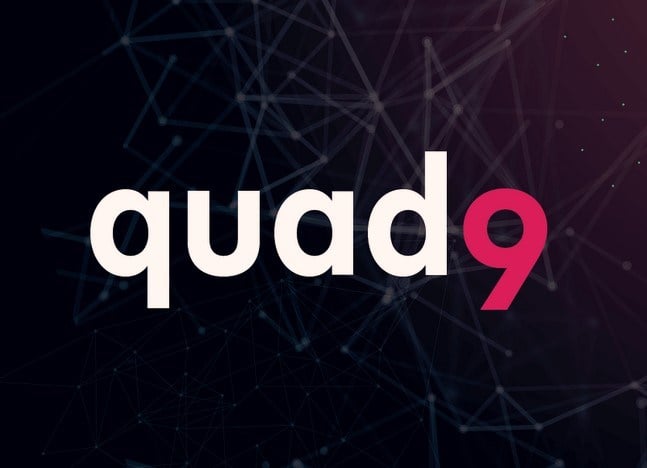 In 2021 , Sony Music obtained
In 2021 , Sony Music obtained
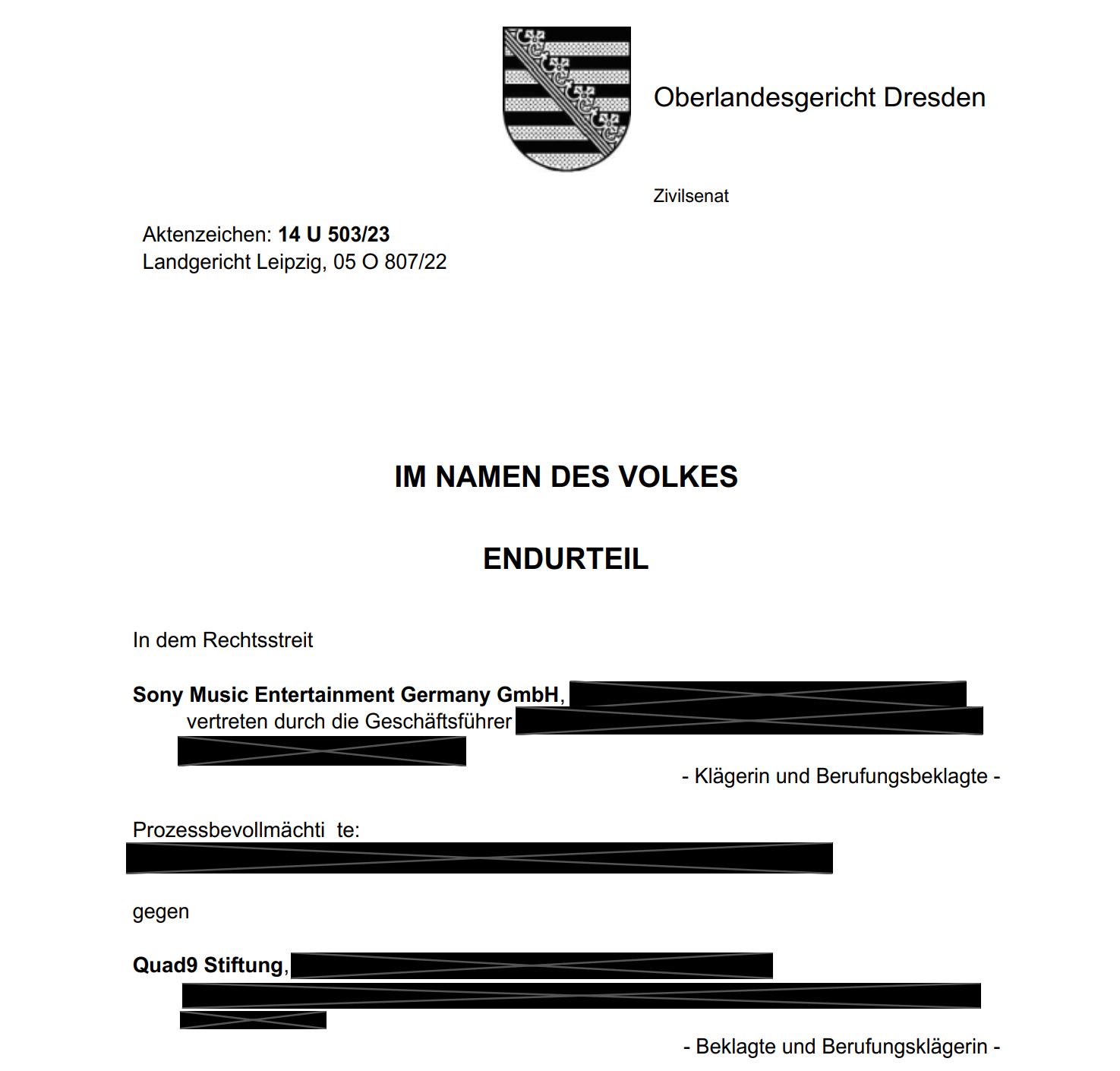
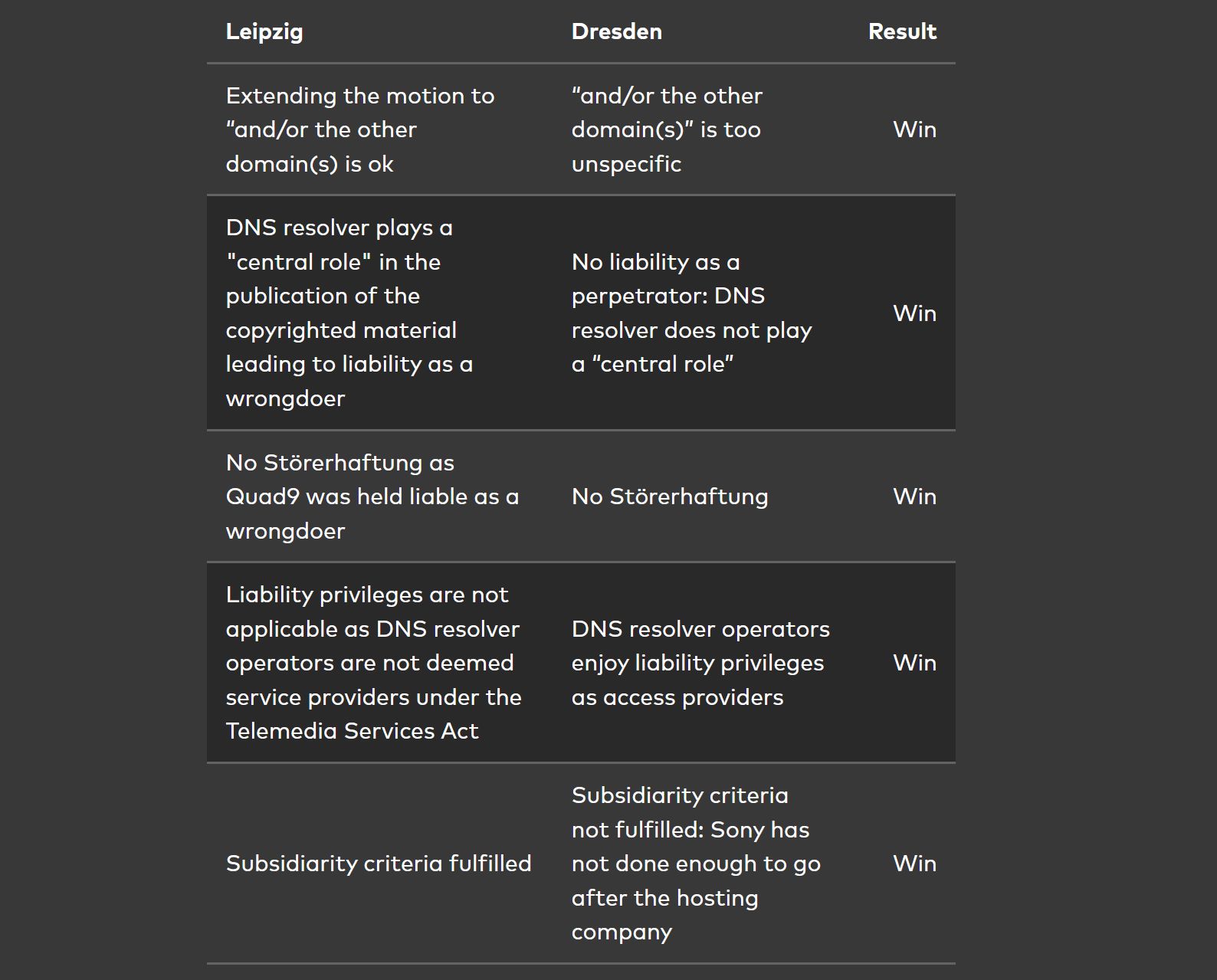
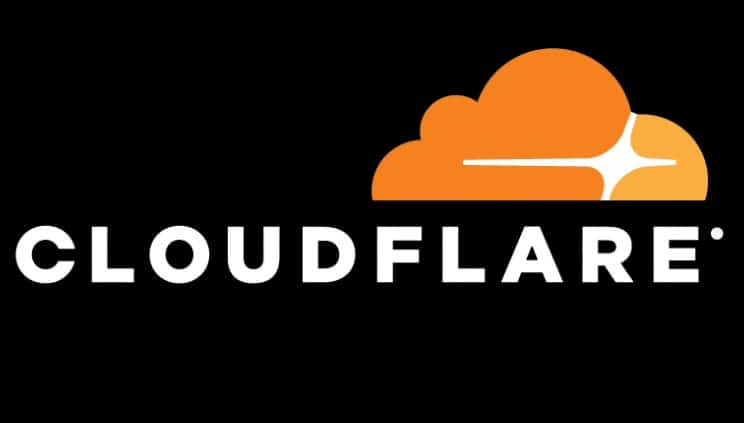 Copyright holders have made serious work of website blocking in recent years, expanding the practice to over forty countries worldwide.
Copyright holders have made serious work of website blocking in recent years, expanding the practice to over forty countries worldwide.



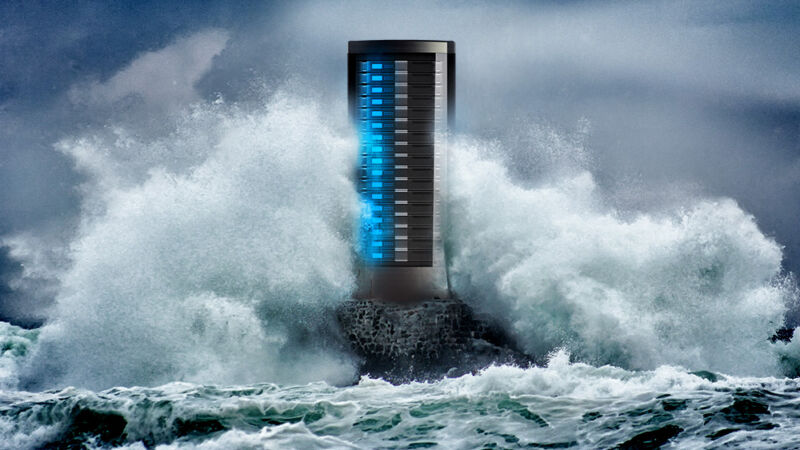


 Website blocking has become an increasingly common anti-piracy tool. ISPs in dozens of countries have been ordered by courts to block pirate sites.
Website blocking has become an increasingly common anti-piracy tool. ISPs in dozens of countries have been ordered by courts to block pirate sites.